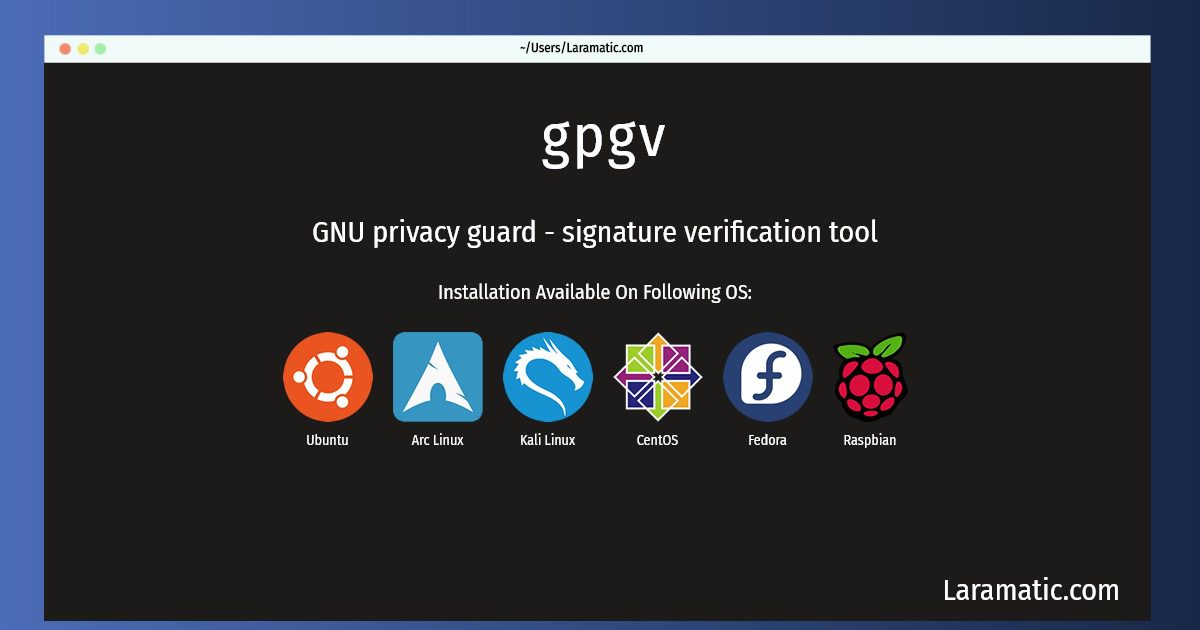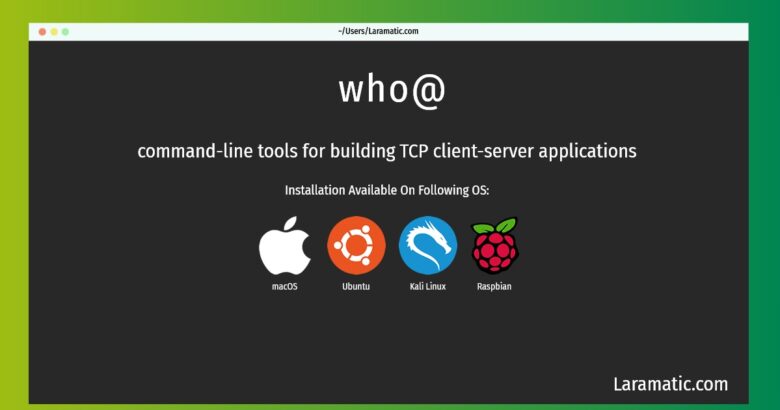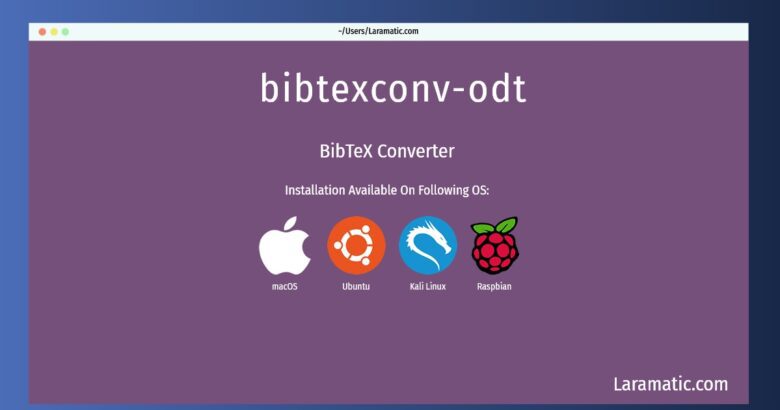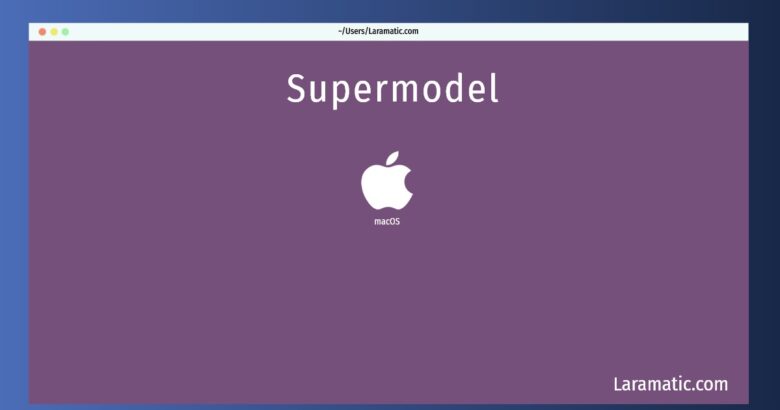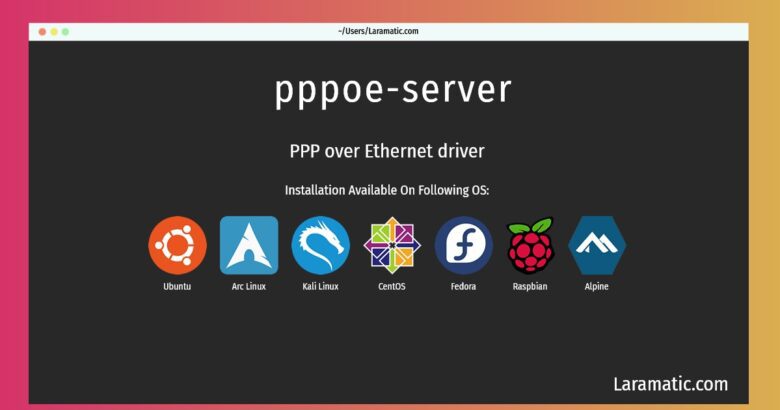Gpgv Installation On A Debian, Ubuntu, Arch, Kali, CentOS, Fedora And Raspbian
Install gpgv
-
Debian
apt-get install gpgvClick to copy -
Ubuntu
apt-get install gpgvClick to copy -
Arch Linux
pacman -S gpgvClick to copy -
Kali Linux
apt-get install gpgvClick to copy -
CentOS
yum install gpgvClick to copy -
Fedora
dnf install gpgvClick to copy -
Raspbian
apt-get install gpgvClick to copy
gpgv
GNU privacy guard - signature verification toolGnuPG is GNU's tool for secure communication and data storage. gpgv is actually a stripped-down version of gpg which is only able to check signatures. It is somewhat smaller than the fully-blown gpg and uses a different (and simpler) way to check that the public keys used to make the signature are valid. There are no configuration files and only a few options are implemented.
gnupg
GNU privacy guard - a free PGP replacementGnuPG is GNU's tool for secure communication and data storage. It can be used to encrypt data and to create digital signatures. It includes an advanced key management facility and is compliant with the proposed OpenPGP Internet standard as described in RFC 4880. GnuPG 1.4 is the standalone, non-modularized series. In contrast to the version 2 series, shipped with the gnupg2 package, it comes with no support for S/MIME and some other tools useful for desktop environments, but also with less dependencies. The gnupg package is built without libcurl. So it does not support HKPS keyservers. Install the gnupg-curl package if you want to use the keyserver helper tools built with libcurl and supporting HKPS.
gnupg2
GNU privacy guard - a free PGP replacement (dummy transitional package)GnuPG is GNU's tool for secure communication and data storage. It can be used to encrypt data and to create digital signatures. It includes an advanced key management facility and is compliant with the proposed OpenPGP Internet standard as described in RFC4880. This is a dummy transitional package that provides symlinks from gpg2 to gpg.

